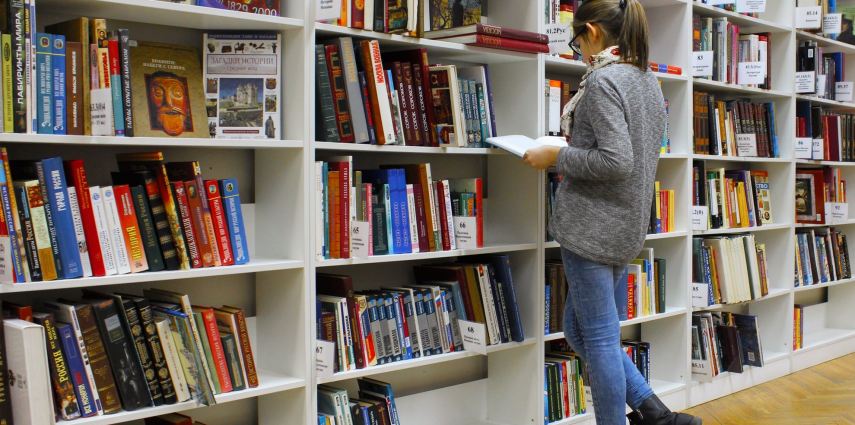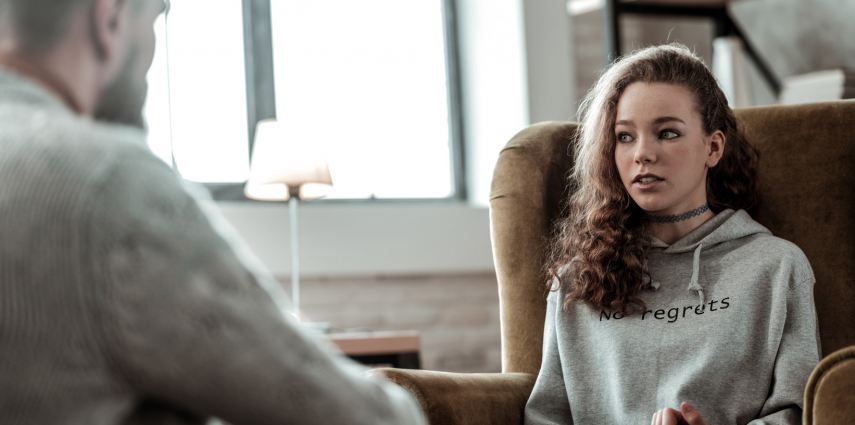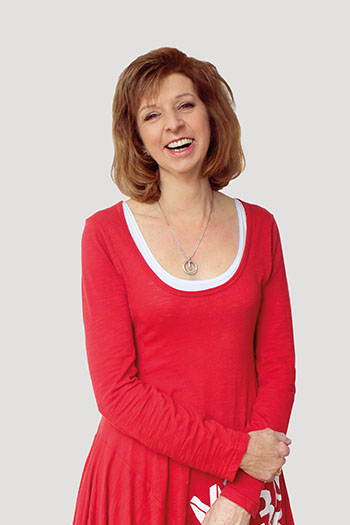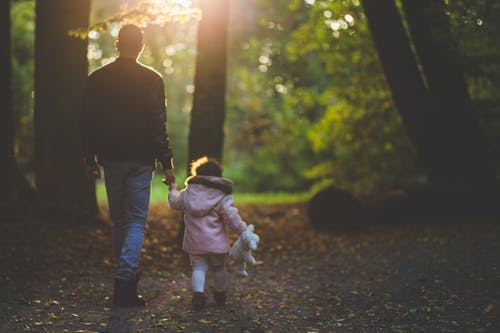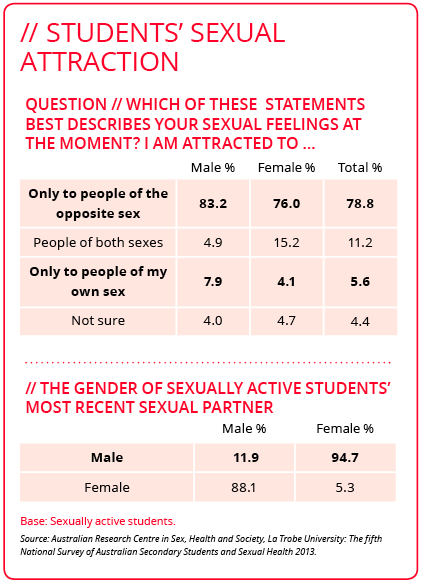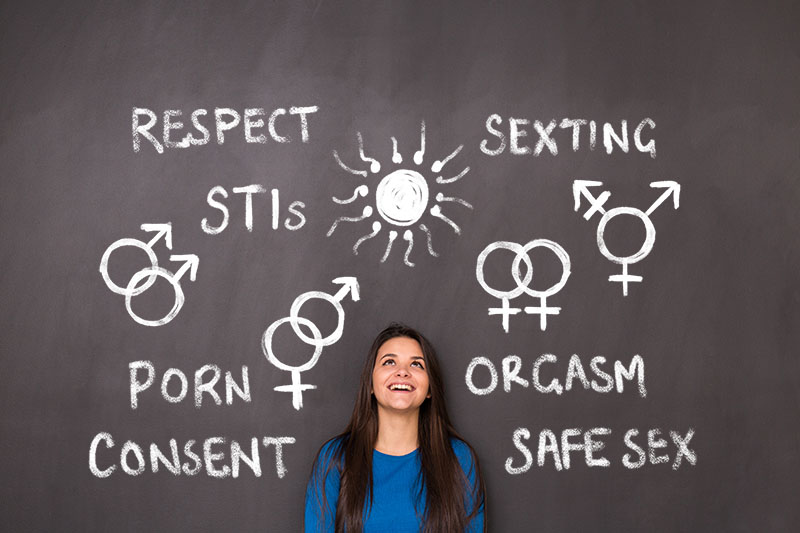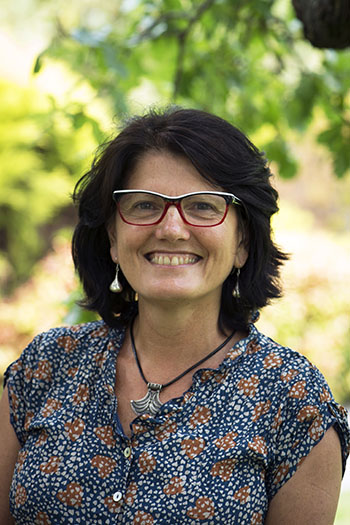Keiah Smith endured years of bullying through primary school and high school. She became depressed and attempted suicide.
I was bullied my whole life but it got particularly bad when I was ten and revealed I’d been sexually abused. I told a friend and it spread around the school and I was called a ‘slut’. I was also overweight and picked on for that, too.
At high school, I was regularly bashed. Mum and Dad told the school it wasn’t acceptable but it continued. I was bashed walking to class, during lunch and when I retaliated, I was suspended. It was heartbreaking and it’s hard to put into words how I felt. Read more


